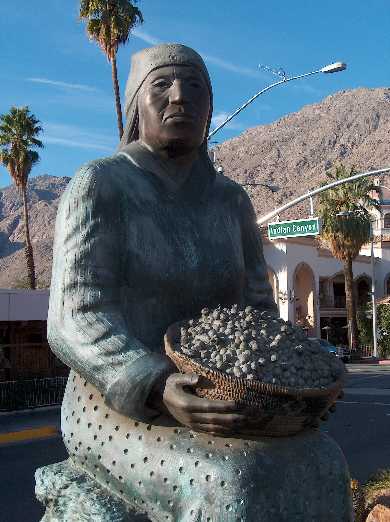With eight members and no casino, the Ramona band is among several not choosing sides now, but which once worked to get Vegas-style gambling approved in 1998 and 2000.
They believed California tribes were "one voice, many nations" and supported gambling and prosperity for all, Hamilton said.
"Now it's all about the money and who can I step on to get there," said Hamilton, who laments the tens of millions of dollars being spent on the campaigns instead of on education, substance-abuse treatment or other needs.
"We have issues or concerns about the contents of those compacts, but we'll keep those to ourselves because the tribes have the right to negotiate those compacts," said Michael Lombardi, a gaming commissioner for the Augustine Casino. "We think the voters can figure out what they want to do."
The fund was established several years ago to give local government a cut of tribal gambling revenues to mitigate the affects of casinos on their communities. Currently, the tribes put a portion of their revenues into this fund.
Nelson Pinola, chairman of the Manchester-Point Arena Band of Pomo Indians in Mendocino County, said he opposes the measures because of the hit to the special distribution fund. The fund has helped backfill another tribal account, called the revenue-sharing trust fund, which funnels $1.1 million in annual gambling revenues to each tribe with no casino or with only small gambling operations.
"This is not an issue of sovereignty for me. It's an issue of fairness and equality," Pinola said.
As I've said before, I think California's gaming tribes should give generously to its non-gaming tribes.


No comments:
Post a Comment
Note: Only a member of this blog may post a comment.